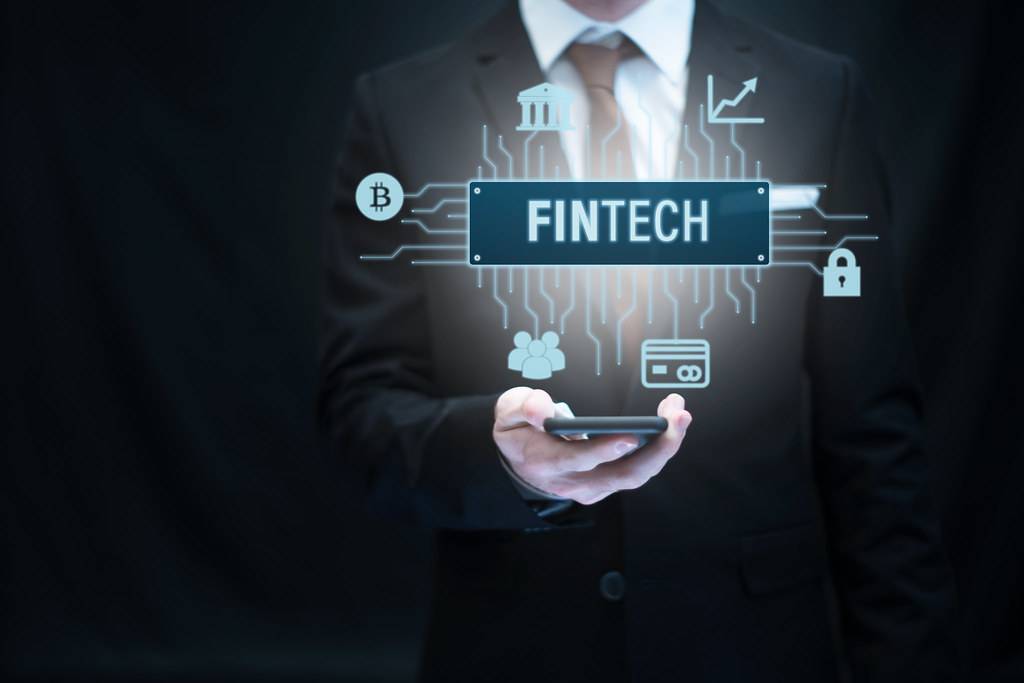
The term Fin-tech means finance with technology. We will find how to get change our life by this.
What is fin-tech?
Fin-tech means combining! both finance and technology. In this generation we are using fin-tech in our daily life. For example, Internet Banking, UPI payments, cryptocurrency, blockchain, robot-adviser etc. Fin-tech has changing faster in past few years. This leads to more efficient use on finance. In this generation everything is change quickly so everyone to learn new technology and move forward towards their success.
How fin-tech change our life?
Fin-tech has changed the way of finance in few years. Everyone uses to carry hard money for their transaction. nowadays it is easy to transfer money to anyone from anywhere with internet banking and UPI. Some people are using cryptocurrency for their transaction. Moreover, this technology is changing with the help of machine learning and artificial intelligence. We need to be update and learn these new technologies.
Where are we using fin-tech in daily life?
Here are some places we use fin-tech are:
- Online Banking:
- FinTech helps us do banking on the internet, like checking our accounts and moving money around.
- Digital Payments:
- Apps on our phones, like PayPal or Venmo, let us pay for things without using cash. We can also send money to friends with these apps.
- Borrowing and Lending (P2P):
- FinTech lets people lend and borrow money directly from each other without using a traditional bank.
- Automated Investing:
- There are computer programs (robo-advisors) that help us invest our money without needing to talk to a person.
- Cryptocurrency:
- FinTech created digital currencies like Bitcoin, which work on a technology called blockchain. It’s a new way to buy and sell things without using regular money.
- InsurTech:
- Technology is used to make buying insurance easier, and it helps companies figure out the risks involved.
- RegTech (Regulatory Tech):
- FinTech helps companies follow the rules and regulations by using technology to keep everything in order.
- Personal Finance Apps:
- Apps on our phones help us with budgeting and tracking our spending. They give us advice on how to manage our money better.
- Trade Finance:
- FinTech helps businesses with buying and selling things internationally by making transactions smoother.
- Crowdfunding:
- FinTech lets people raise money for projects or ideas by getting small contributions from a lot of people online.
- Real Estate Tech (PropTech):
- FinTech is used in real estate to make it easier to buy and sell properties, get mortgages online, and invest in real estate projects with the help of many people.
- Financial Education:
- FinTech helps us learn more about money and finance using apps and online tools.
New phase of fin-tech.
In this new phase the fin-tech has many benefits that will make our financial problems easy. And we can create our own personal financial advisor. In this phase everyone has to careful about cybercrimes. By using AI and ML fin-tech is changing vastly.
Here are some area we can find new phases of fin-tech:
- Decentralized Finance (DeFi):
- DeFi is a rising trend where traditional financial services like lending, borrowing, and trading are decentralized using blockchain technology. It aims to make financial services more accessible and inclusive, allowing users to participate without relying on traditional banks.
- Open Banking Ecosystems:
- Open banking involves sharing financial data securely between different financial institutions. This fosters collaboration, allowing third-party developers to create new and innovative financial products and services.
- Artificial Intelligence (AI) and Machine Learning (ML):
- The use of AI and ML is becoming more prevalent in FinTech for tasks like fraud detection, risk assessment, and personal finance management. These technologies provide more accurate insights and enhance decision-making processes.
- Digital Currencies and Central Bank Digital Currencies (CBDCs):
- The rise of cryptocurrencies, including Central Bank Digital Currencies (CBDCs), is influencing how we think about and use money. CBDCs are digital versions of traditional currencies issued by central banks, offering efficiency and new possibilities for monetary policies.
- Embedded Finance:
- FinTech is increasingly becoming a seamless part of our daily activities through embedded finance. This means financial services are integrated into non-financial platforms like e-commerce, ride-sharing apps, or social media, making transactions more convenient.
- Neobanks and Challenger Banks:
- Neobanks and challenger banks are digital-only financial institutions that operate without physical branches. They often provide user-friendly interfaces, competitive fees, and innovative features, challenging traditional banking models.
- Sustainable and Ethical Finance:
- FinTech is embracing sustainability by incorporating environmental, social, and governance (ESG) considerations into financial services. This includes green investing, ethical banking, and platforms that support responsible financial practices.
- Regulatory Technology (RegTech) Advancements:
- FinTech is playing a crucial role in improving regulatory compliance through RegTech. Automated solutions help financial institutions manage complex regulatory requirements, ensuring adherence to laws and reducing risks.
- Quantum Computing:
- While still in early stages, the potential impact of quantum computing in FinTech is significant. Quantum computers have the ability to solve complex problems much faster than traditional computers, potentially revolutionizing areas like risk modeling and cryptography.
- Enhanced Cybersecurity Measures:
- With the increasing reliance on digital financial services, there’s a growing emphasis on improving cybersecurity. FinTech companies are investing in advanced security measures to protect user data and prevent cyber threats.
Fin-tech and cyber security relation.
In this new phase the combination of fin-tech and cyber security is best in this world. Fin-tech is used for making for transaction easy. And cyber security will protect our data from third parties (Hacker). In this phase we have to be more careful because everything is depended on technology so is anyone do any mistake his whole data and money will be in hands on third parties. So, everyone has to fin-tech by following cyber rule.
Conclusion on fin-tech.
In this generation everything is changing fast with technologies like AI and ML. So, everyone has too aware of these new technologies and be safe and secure with these technologies with help of cyber rules.
share this blog with your techy friends. want to learn more about new technologies comment below.

